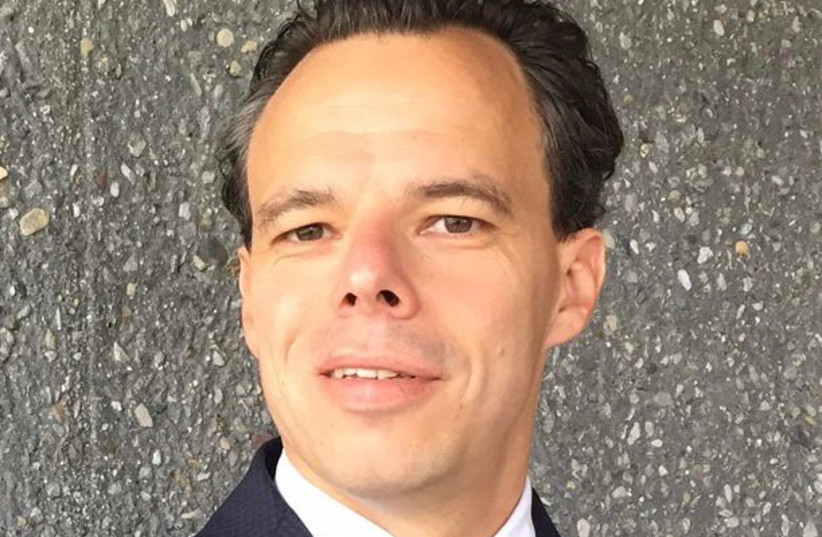Switzerland is one of the world's leading financial centers and, with a market share of around 25%, it can maintain its position as the most important financial center for cross-border wealth management. But do investors also know how much they pay in fees for their part (asset management, advisory or execution-only)?
In addition to the fee stated in the contract, banks charge entry fees, management fees, performance fees, fund manager fees and upfront administrative fees. And if that’s not enough, the banks continue to collect retrocessions (commissions that banks, asset managers and other financial service providers receive from third parties in connection with a client relationship), despite several Swiss Federal Court rulings, which in principle would be due to the investors.
Investors who assume they are paying around 0.2 % to 0.8 % management fees to their bank are often surprised when they request a price/performance list (income and cost overview) from their Swiss bank. Sometimes the fees actually charged are triple as high as the investors think they are paying.
Israeli assets in Switzerland
Recent studies show that Israeli assets in Switzerland are estimated at 55 billion dollars, this could possibly mean that Swiss banks have collected unlawfully retrocessions in the amount of 205 million dollars in the case of Israeli customers only for the year 2020. However, this is only a rough calculation. Only the banks and asset managers themselves know how much retrocession they have actually collected over the past few years.
Clients who had invested large sums with Swiss banks could recover six-digit sums, given that they are entitled to 5% interest a year, the problem is that hardly any investors know about the possibility of recovering retrocessions. Due to the fact that the clock is ticking on the time investors have to claim their refunds, large sums expire daily, in favor of the banks.

<br>Investor's options
But what can investors do now? For starters, new clients should negotiate good rates and ask the bank to disclose all fees, including the so-called "hidden fees". They should also insist on the forwarding of retrocessions. A look at the small print is useful here. The bank should try to gain the trust of the investors and in order to be able to make a well-founded decision as an investor, it is important to request full transparency from the bank in advance.
Existing clients, on the other hand, have the option of requesting disclosure of the retrocessions received by the bank for at least the last 10 years and reclaiming them. And experience shows many investors are scared off by obvious waivers, which are signed by agreeing to the general terms and conditions of the banks. Here it is important to be persistent. The criteria for a valid waiver are laid down by the highest courts and are only fulfilled by the banks in the rarest of cases.
On the other hand, it is often worth taking a closer look at the portfolio statements. If there are more of the bank's own products or also structured products (= most fee-intensive vehicle), it can be assumed with a high degree of probability that the bank has collected hidden fees in order to improve its own profitability.
Finally, each investor must weigh up the advantages and disadvantages of a custody account in Switzerland for himself. However, negotiating skills and perseverance pay off in any case, because in the long run, it is enormous to save 0.5 to 1% in fees every year, as the earnings add up annually. And the issue of retrocessions should also be addressed promptly, especially by existing clients, due to the fixed limitation period of 10 years. Considerable additional returns, previously unknown to investors, can be earned here. Companies such as Liti-Link support investors from all over the world in asserting their retrocession claims and assume 100% of the cost risk. With the Retrocalculator, found on their homepage, you are able to determine your potential claim consisting of retrocessions and default interest, quickly and easily.
Hubert Schwärzler, CEO of Liti- Link, a Swiss company specialising in retrocession recovery, litigation cost financing and claim management.
